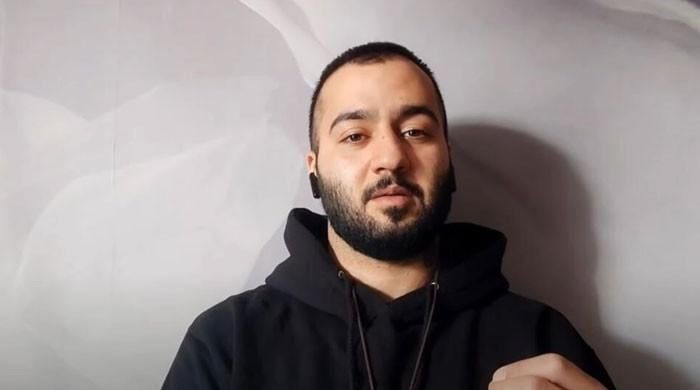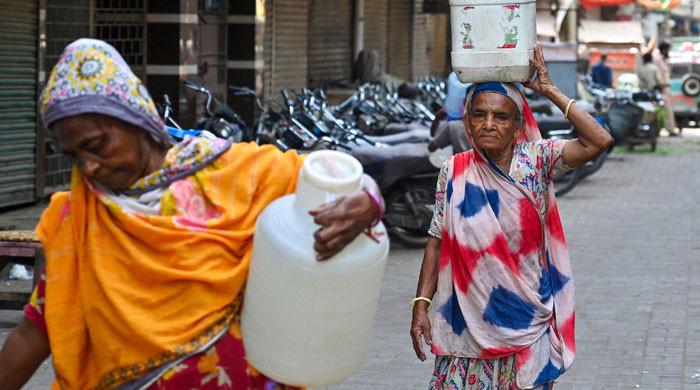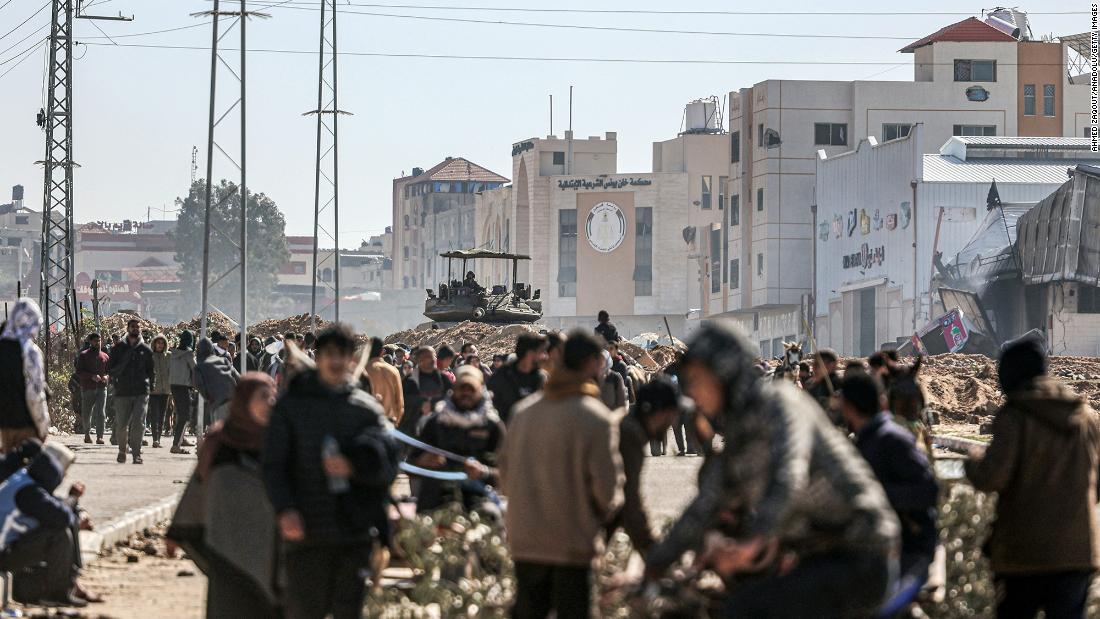Iran's Supreme Court has overturned the death sentence against popular rapper Toomaj Salehi, who was jailed for supporting nationwide protests sparked by the death of Mahsa Amini, his lawyer said Saturday.
“Salehi's death sentence was overturned,” the rapper's lawyer, Amir Raisian, said in a post on X, adding that the Islamic Republic's top court had ordered a new trial.
In April, an Iranian court sentenced Salehi to death for the capital crime of “corruption on earth,” Raisian said at the time.
The rapper was also found guilty of “collaboration in sedition, assembly and collusion, anti-state propaganda and calling for riots,” the lawyer said.
Salehi, 33, was arrested in October 2022 after publicly supporting protests that broke out a month earlier, sparked by Amini's death in police custody.
Amini, a 22-year-old Iranian Kurdish woman, was detained by morality police in Tehran for an alleged violation of the Islamic republic's strict dress rules for women.
“The Supreme Court avoided an irreparable miscarriage of justice,” Raisian said, adding that the court also ruled that Salehi's “previous sentence (six years and three months) also did not meet the standards of a multiplicity of crimes.”
Hundreds of people, including dozens of security personnel, were killed in months-long protests sparked by Amini's death.
Thousands of people were arrested as authorities tried to quell what they called “riots” instigated from abroad.
In January, another singer, Mehdi Yarrahi, who criticized the veil requirement for women, was sentenced to a total of two years and eight months in prison on multiple charges, which would have been served concurrently.
The court later changed Yarrahi's sentence to home confinement due to his health problems.
Nine men have been executed in cases related to protests that involved killings and other violence against security forces.
Covering the neck and head has been mandatory for women in Iran since 1983, after the Islamic Revolution of 1979.
Since the protests, women have increasingly disobeyed the strict dress code, but in recent months Iranian police have tightened controls on women who ignore the rules.
Iranian media have reported in recent weeks that police in the capital have launched a campaign codenamed “Noor,” the Persian word for light, in their efforts to redouble their efforts against dress code violators.
In an effort to combat violators of hijab laws, authorities have also closed cafes and restaurants where the wearing of the hijab was not respected.
The country's parliament also passed a “Chastity and Hijab” bill that seeks to toughen penalties for women who do not comply with dress rules.












